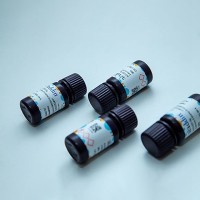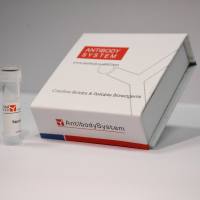Transfection of Mller Cells With Type I Interferon Transgenes: Resistance to HSV-1 Infection
互联网
互联网
相关产品推荐

HSV1 gD Rabbit pAb(bs-18094R)-50ul/100ul/200ul
¥1180

MKN45人低分化胃癌细胞|MKN45细胞(Human Poorly Differentiated Gastric Cancer Cells)
¥1500

Anti-infection,76-78-8,≥98%,阿拉丁
¥899.90

Capsid L1重组蛋白|Recombinant Human Papilloma Virus type 16 (HPV 16) L1 protein (VLP)
¥3220

重组HSV-1/HHV-1 gE蛋白 HSV-1/HHV-1 gE Protein, C-His
¥2880
相关问答
相关方法

